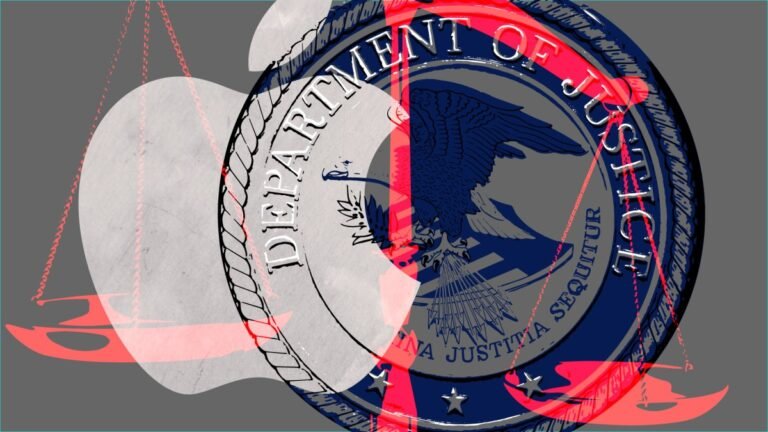
Apple’s iPhone antitrust lawsuit: Everything we know so far on the DOJ’s case U.S. regulators are accusing Apple of operating like a monopoly, and the implications of the case stretch far beyond iOS and iPhones themselvesApple’s antitrust scrutiny has reached a fever pitch.
We’ll be updating this page as the Apple antitrust case evolves, but keep in mind that there will be little settled in the short term.
The DOJ’s claims against AppleIf you want to dive into legal docs immediately, you can read the DOJ’s lawsuit right here.
The DOJ’s antitrust case against Google, which was filed back in 2020, went to trial last year and could still take a couple more years to reach a conclusion.
For more on Apple’s antitrust lawsuit, check here:
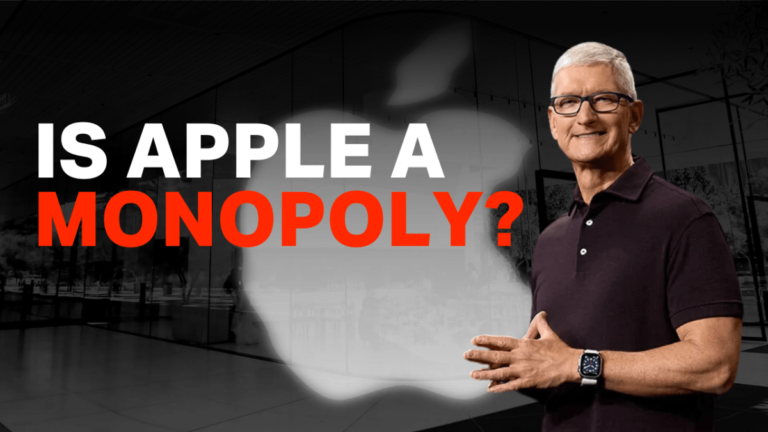
The U.S. Department of Justice is suing Apple over allegedly monopolistic smartphone practices.
The federal agency is not alone in the matter, bringing 15 states and the District of Columbia into the mix as well.
Regulators and tech companies, name a more iconic duo.
But as we’re about to see with Apple, big tech companies are not going to go down without a fight.
For more on Apple’s antitrust lawsuit, check here:

The U.S. Department of Justice filed a lawsuit against Apple Thursday, accusing the company led by CEO Tim Cook of engaging in anti-competitive business practices.
The allegations include claims that Apple prevents competitors from accessing certain iPhone features and that the company’s actions impact the “flow of speech” through its streaming service, Apple TV+.
This is not the first time Apple has faced legal action from the DOJ.
In 2012, the agency sued Apple for conspiring with publishers to increase ebook prices, a lawsuit that was not settled until 2016.
Morgan Stanley analysts said Friday that the current lawsuit could also favor Apple, as many similar allegations have already been ruled on by a judge in the Apple vs Epic case, with the ruling stating that Apple does not violate antitrust laws.
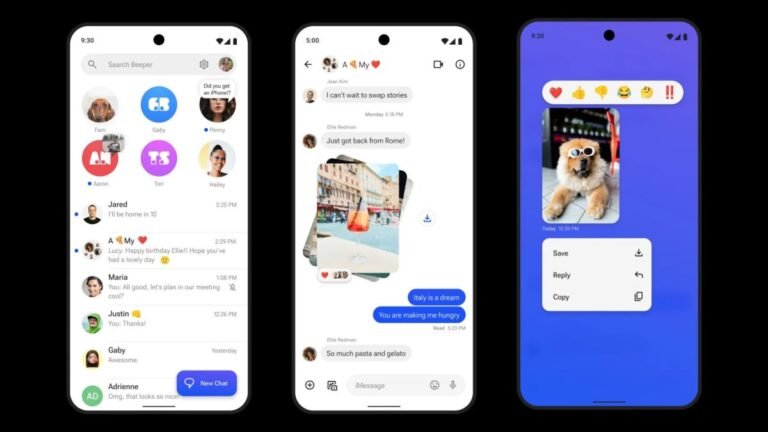
Beeper gave up on its mission after Apple blocked the app’s efforts late last year.
Each time Beeper issued workarounds and fixes to keep the service afloat, Apple knocked them down one by one.
“Recently, Apple blocked a third-party developer from fixing the broken cross-platform messaging experience in Apple Messages and providing end-to-end encryption for messages between Apple Messages and Android users,” the DOJ complaint reads.
When Apple launched the Apple Watch the following year, it began limiting third-party access to new and improved APIs for smartwatch functionality.
The DOJ notes that Apple prevents iPhone users from responding to notifications using a third-party smartwatch.

Apple Pay is no stranger to regulatory controversy.
PayPal — the payments behemoth that has substantial businesses in mobile transactions and point-of-sale technology — was apparently instrumental in the original EU complaint around Apple’s payment monopoly.
The DOJ’s argumentApple today takes a 0.15% fee on any transaction made via Apple Pay.
In the meantime, Apple has continued to develop Apple Pay, launching — for example — its own buy now, pay later offering last autumn (pictured above).
Apple Pay and Apple Wallet are both a small part of Apple’s services revenues — which were upwards of $90 billion in 2023 — or indeed overall revenues.
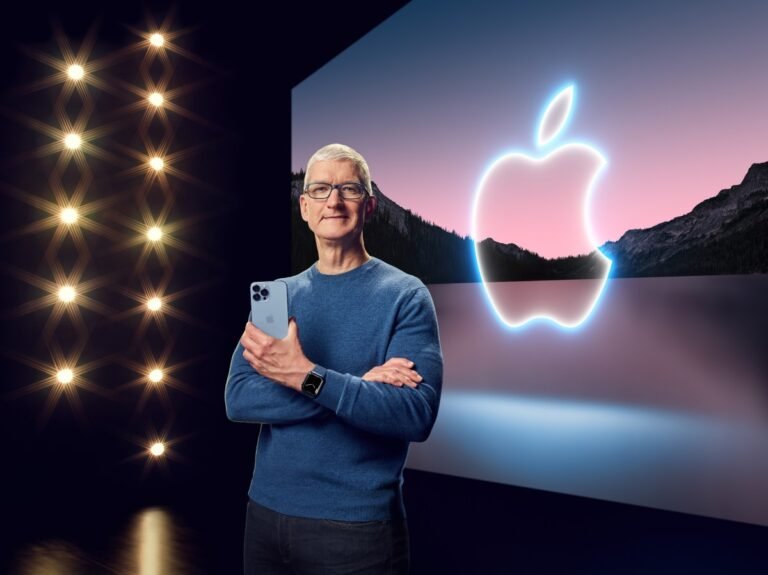
Apple is dubbing the litigation misguided and warning the DOJ risks trashing all the things its customers value about its integrated mobile ecosystem.
In an on-the-record statement provided to TechCrunch, Apple said:This lawsuit threatens who we are and the principles that set Apple products apart in fiercely competitive markets.
The suit claims Apple holds a more than 70% share of “performance smartphones” and over 65% of the US smartphone market, respectively.
But they are also aggressively briefing that the DOJ case will fail.
In today’s briefing Apple also claimed the DOJ’s case has changed tack multiple times (it suggests at least six) over the four years it’s been in formulation.
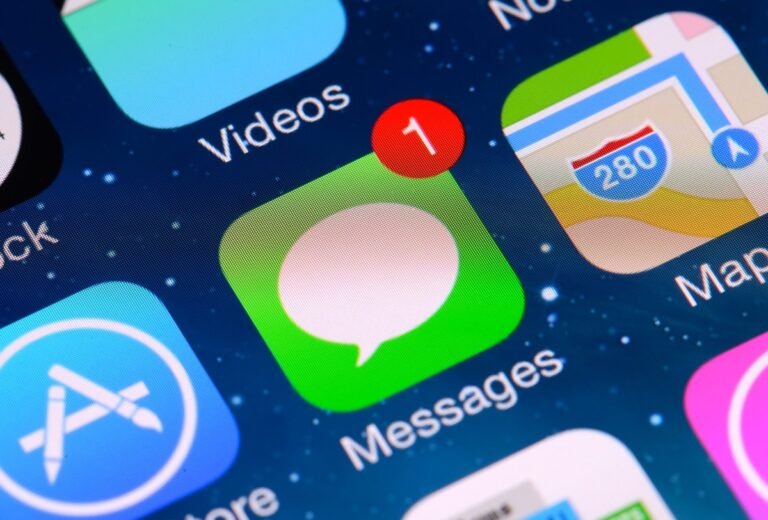
But one category in particular caught our attention as the DOJ spends quite a bit of time talking about “green bubbles” and “blue bubbles.”When an iPhone user sends a message to another iPhone user, by default that message is sent using Apple’s iMessage protocol.
If an iPhone user texts an Android user — and vice versa — iOS falls back to the older, less secure but universal SMS protocol.
“Apple makes third-party messaging apps on the iPhone worse generally and relative to Apple Messages, Apple’s own messaging app,” the DOJ wrote in its lawsuit.
At this point, you might think: wasn’t the RCS protocol supposed to level up SMS messaging and alleviate these pain points?
It feels a bit odd that the DOJ is front-loading its antitrust lawsuit against Apple with the much talked about “green bubbles” vs. “blue bubbles” debate as there are far more serious and substantive issues.
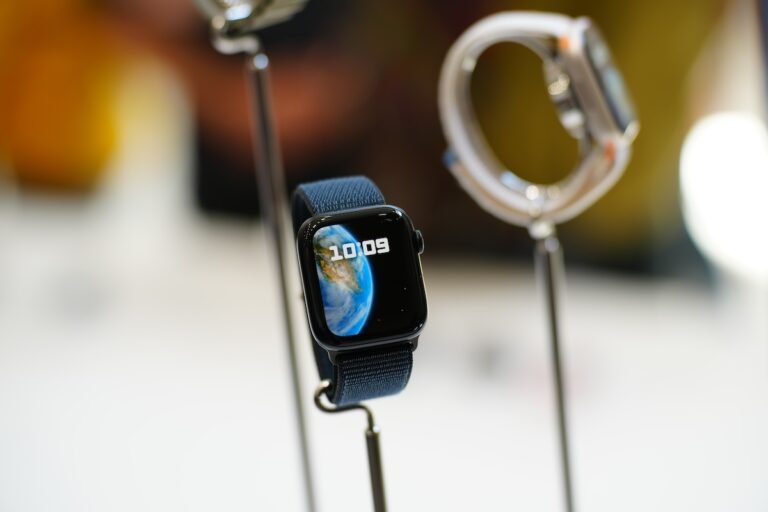
The Apple Watch gets some face time in the filing, as well.
The suit rightly notes that the Apple Watch is “only compatible with the iPhone” – a longstanding complaint among Android users interested in picking up what is far and away the market share leader.
Apple is not, however, alone in ensuring that certain functionality only operates as stated with first-party hardware, however.
The Apple Watch has historically been even more dominant in its respective category than the iPhone in the global market.
Should the DOJ’s suit force the company to open Apple Watch functionality, it would not only limit watch-based iPhone sales, it would also potentially open the device up to Android users, which, in turn, could have a positive impact on sales.
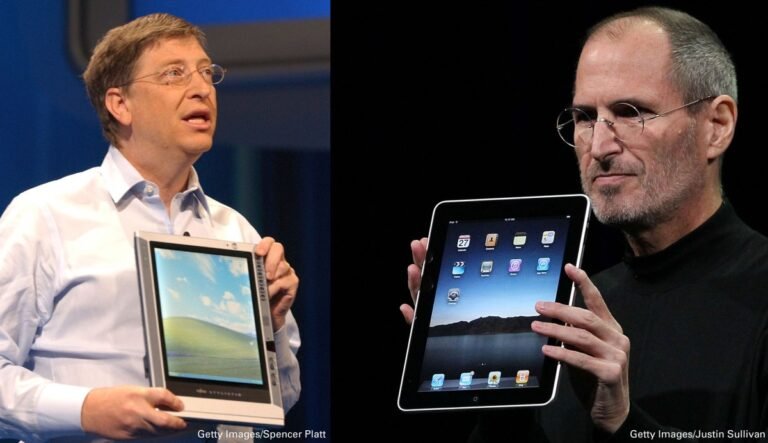
The suit alleges that the company has a monopoly in the premium smartphone market and uses a variety of illegal tactics to perpetuate that monopoly.
Apple’s monopoly position is not nearly as clear-cut.
Microsoft Windows had well over 90% market share in the relevant market of operating systems for personal computers.
This argument is important because Apple’s market share is much lower globally (only 23%, with number-two Samsung at 16%).
There’s also a host of circumstantial proof, such as Apple’s massive and durable profit margins on iPhone sales.

The United States Department of Justice this morning filed a lawsuit accusing Apple of monopolistic smartphone practices.
Apple swiftly countered by arguing that — if successful — such a suit would inhibit its ability to compete in the crowded smartphone market.
This lawsuit threatens who we are and the principles that set Apple products apart in fiercely competitive markets.
We believe this lawsuit is wrong on the facts and the law, and we will vigorously defend against it.
At the same time, Apple has also been embroiled in lawsuits from Epic Games, challenging its App Store revenue practices.













